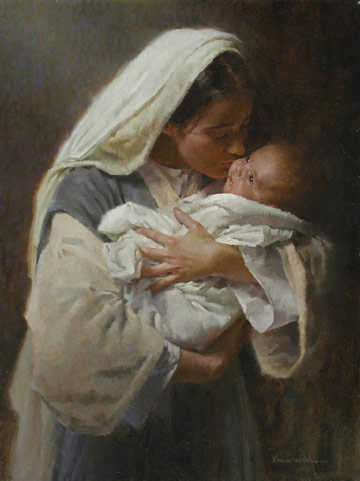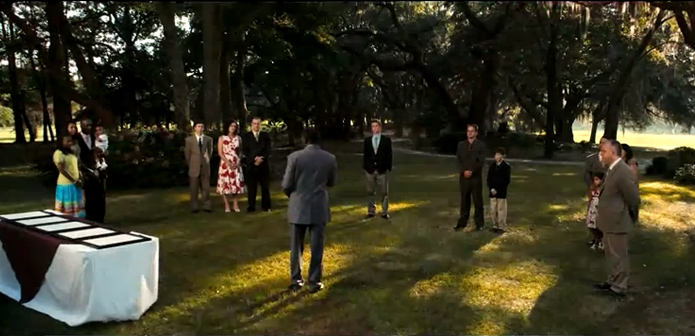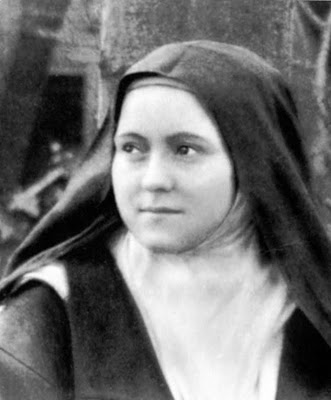There’s something about Mary… (Part 3 of 3)
 I’m going to finish this today, I promise! This is the final part of a series responding to a comment which was left on a post I wrote about the Mother of God. This was the comment:
I’m going to finish this today, I promise! This is the final part of a series responding to a comment which was left on a post I wrote about the Mother of God. This was the comment:
“‘My soul glorifies the Lord and my spirit rejoices in God my Savior.’ If Mary were sinless, why did she need a Savior? Wouldn’t she be lying?
Did she realize Romans 3:23 All have sinned and fall short of the glory of God? When she compared herself to the law of a holy God, had she realized she had formerly, lied, coveted, dishonored her parents by not always obeying them, etc. and like every single person needs a Savior? There are none good, no not one (Romans 3), except Jesus. 2 Corinthians 5:21 For He (God the Father) made Him (Jesus) who knew no sin to be sin for us that we might become the righteousness of God in Him. Also see Romans 11:6. Thank you Jesus, my Savior.”
Today I’m going to conclude my exploration of Kelley’s comments and offer some closing thoughts…















